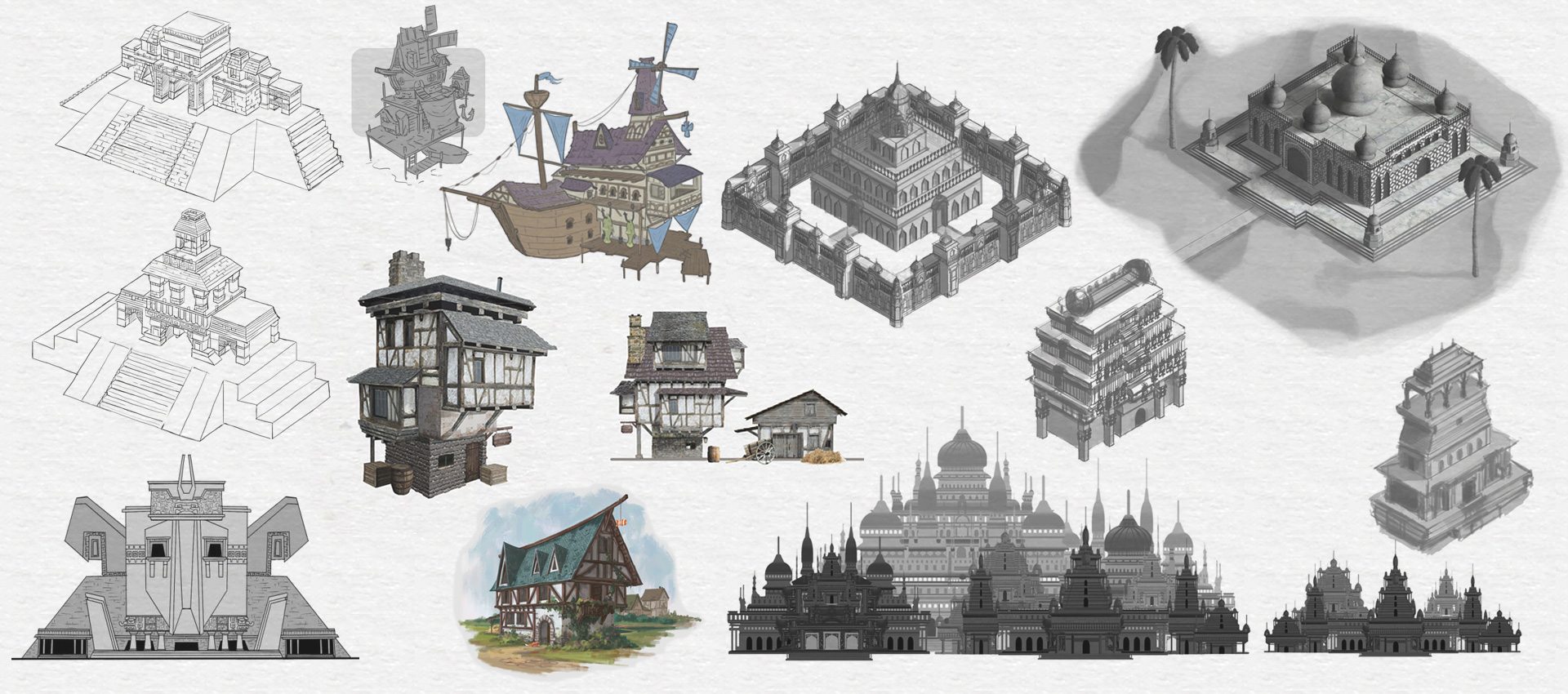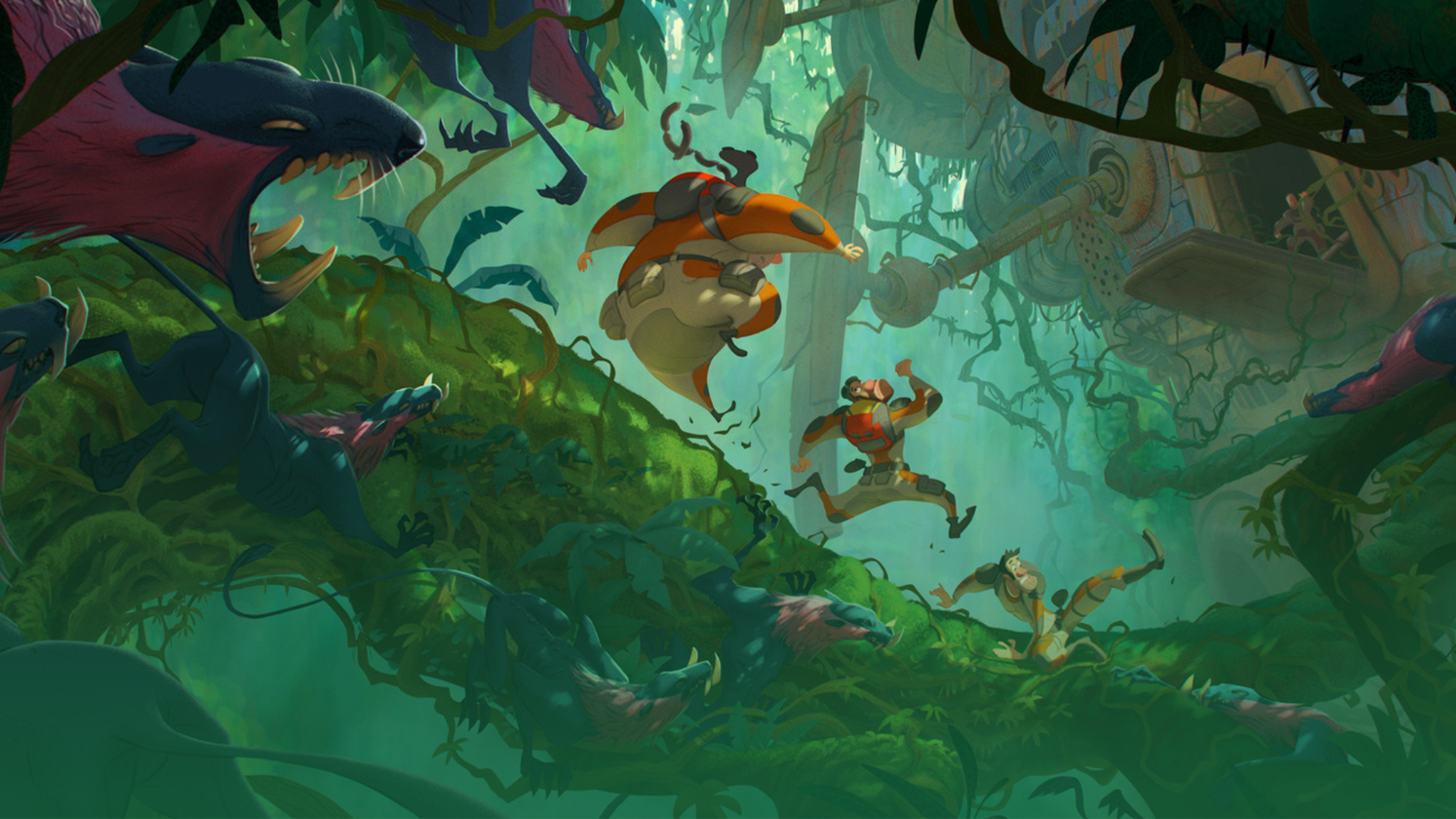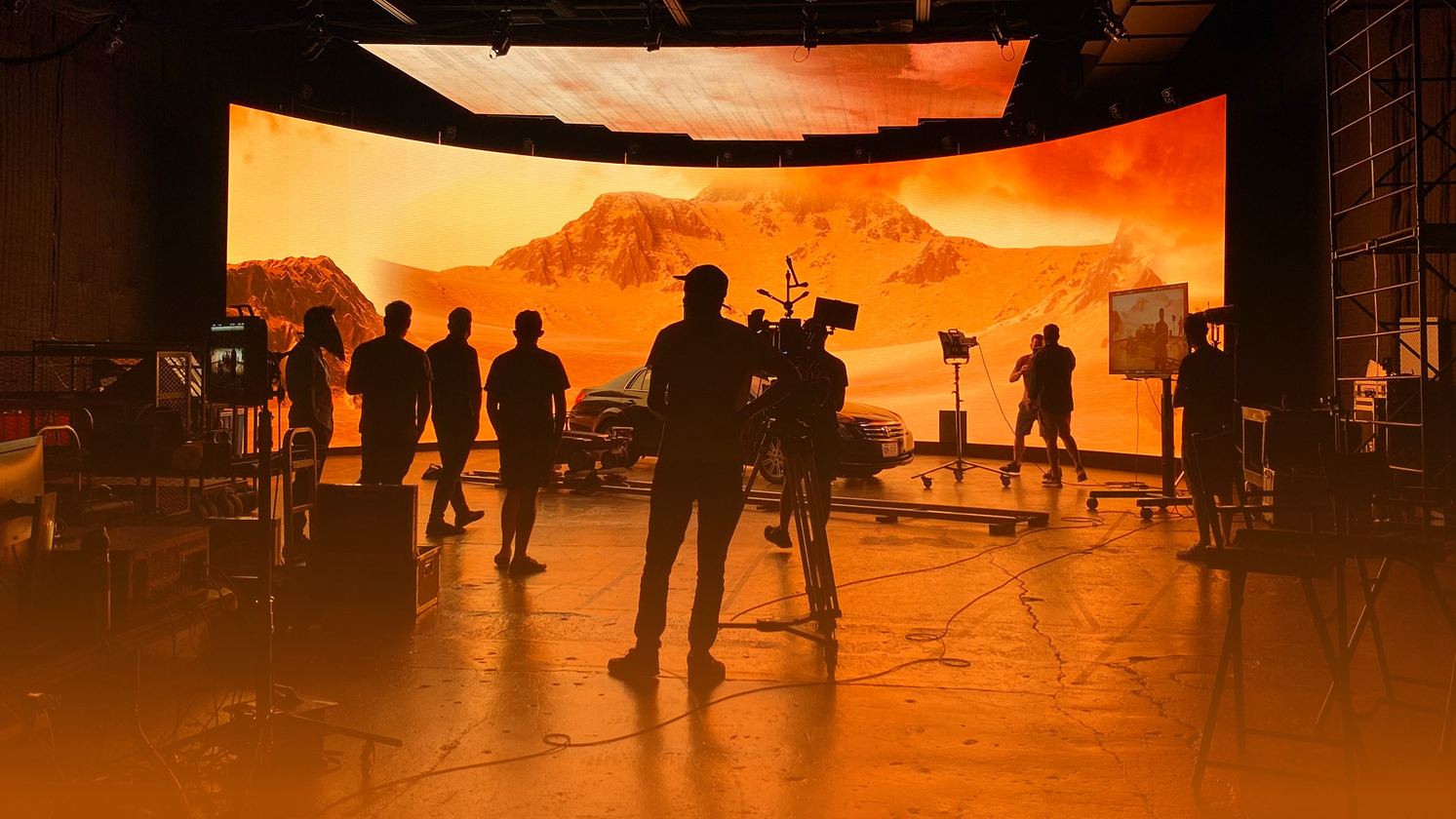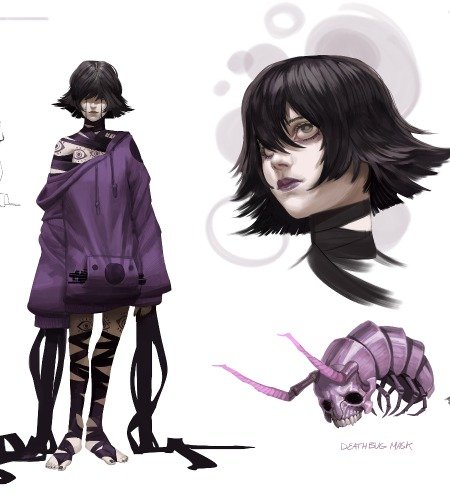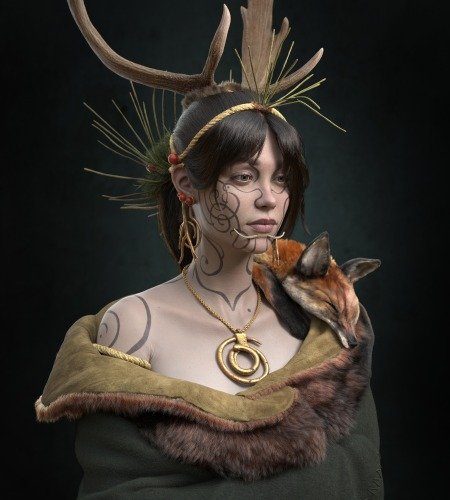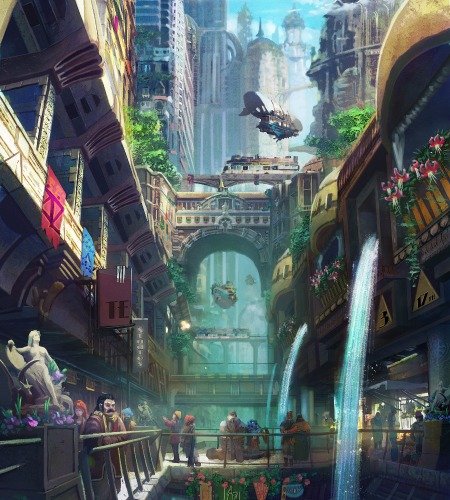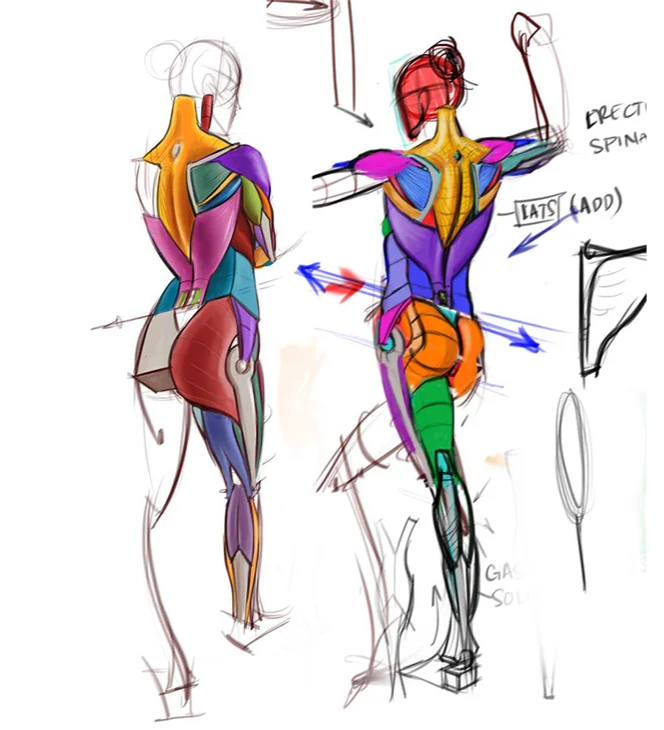Build cultural, historical, and futuristic worlds
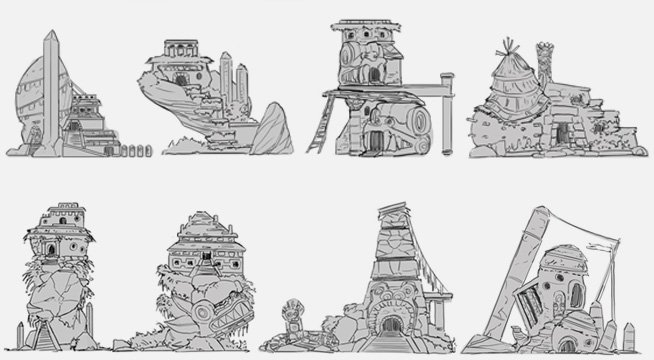
Course Format
Skills Level
Duration
Q&A
Feedback
Lecture Type
The more you know, the better.
STUDENT GALLERY
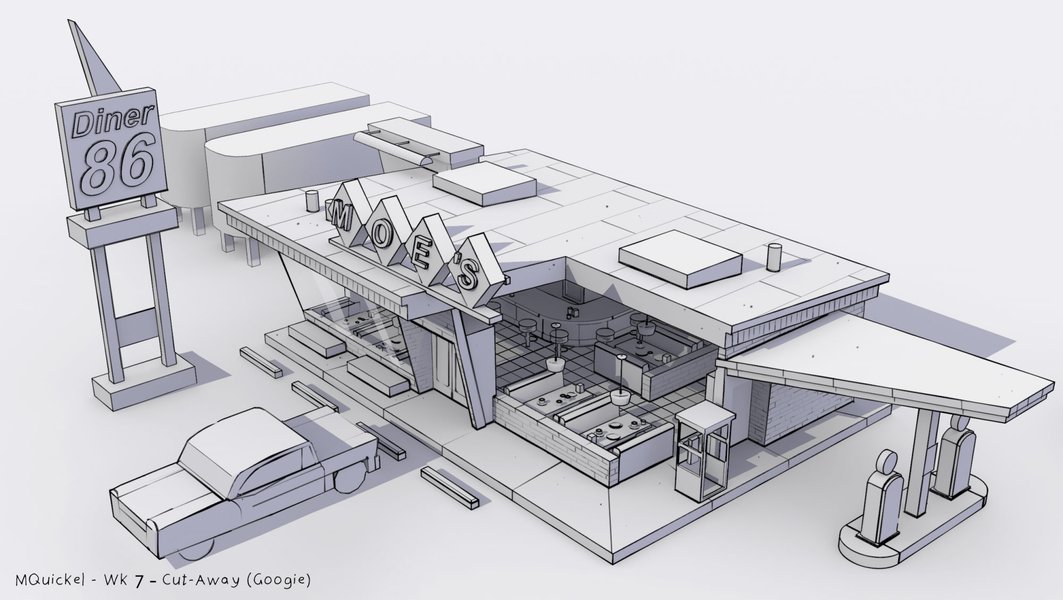
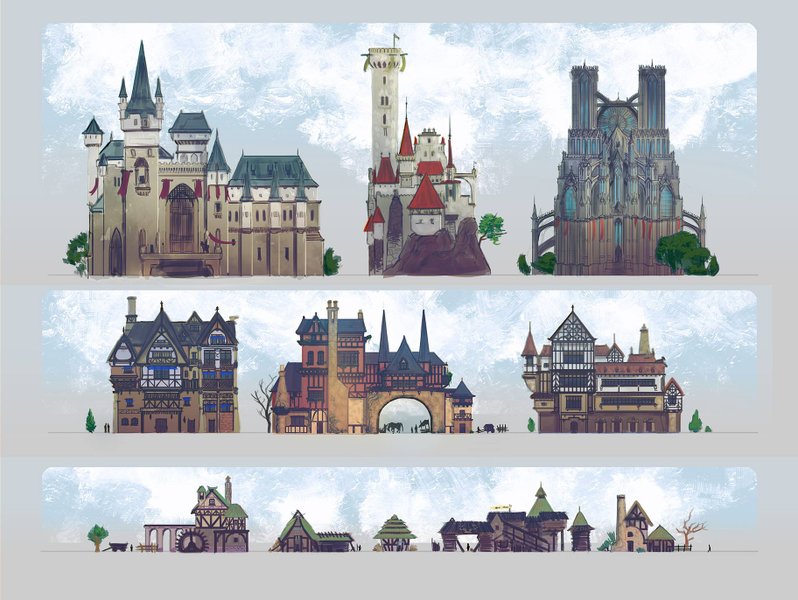
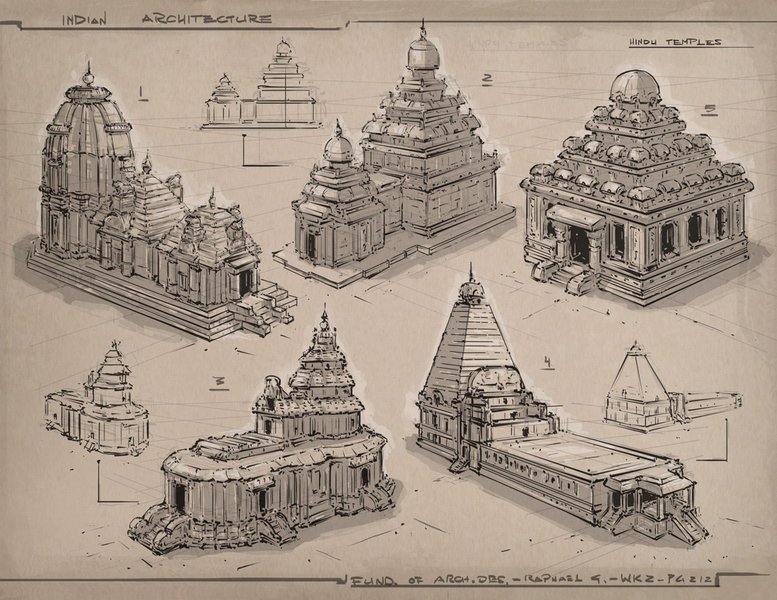
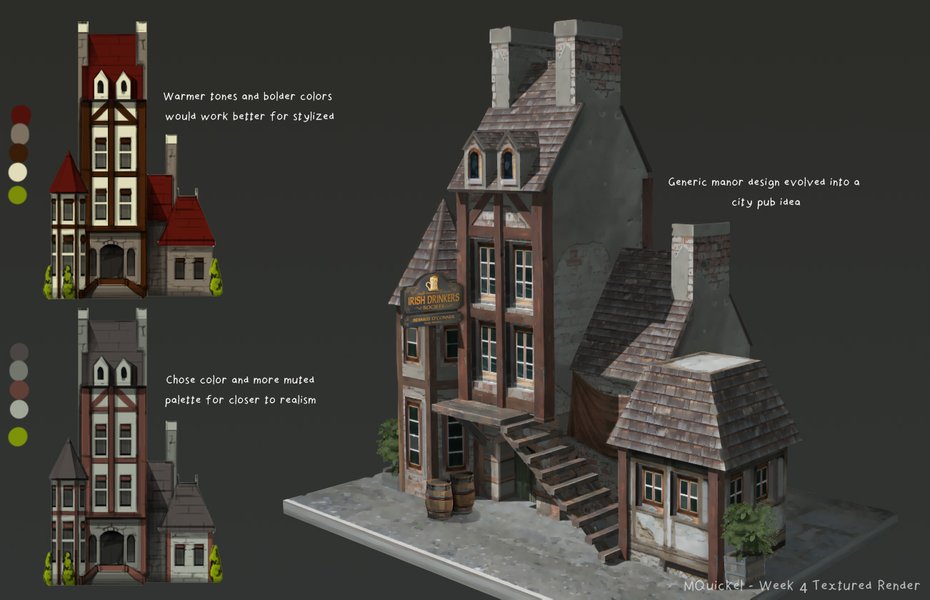
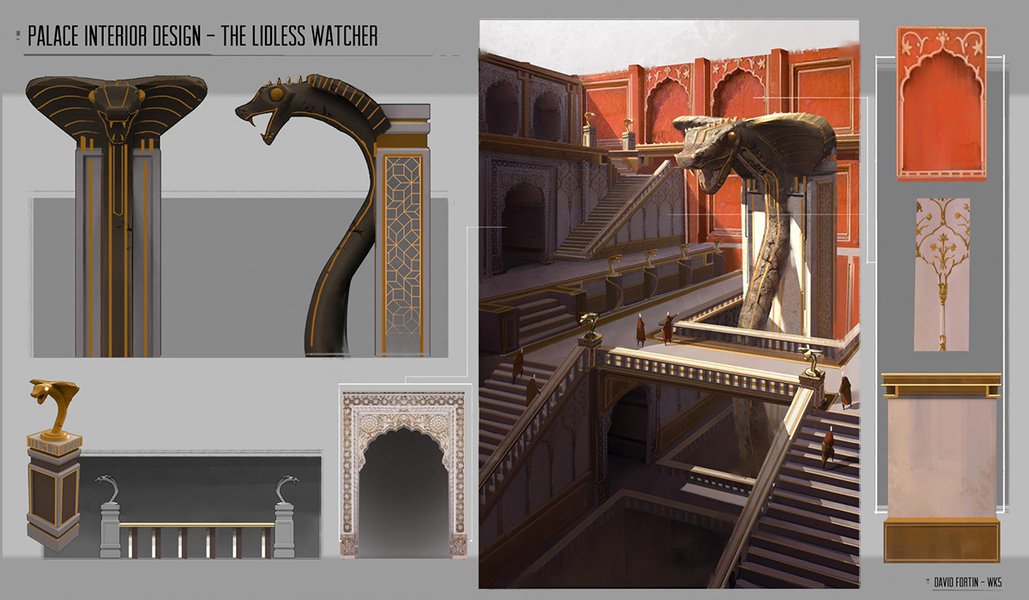
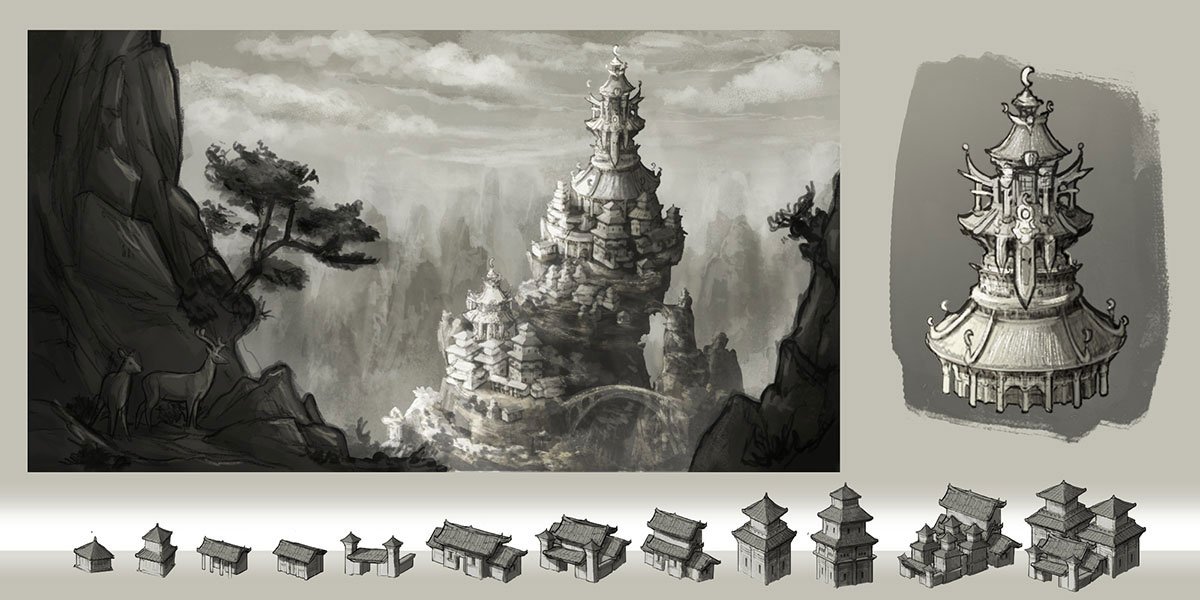
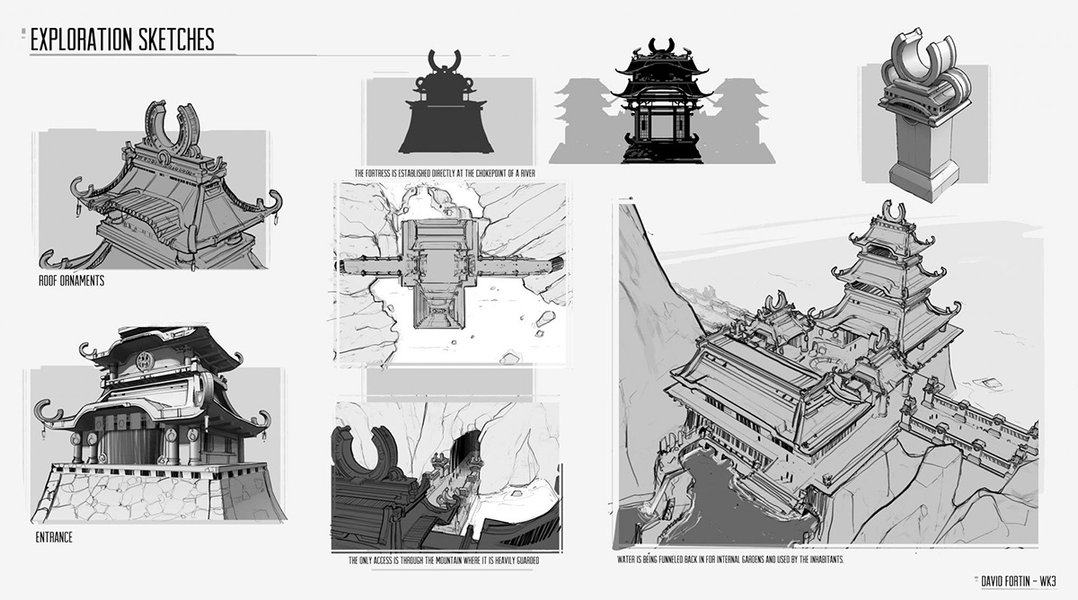
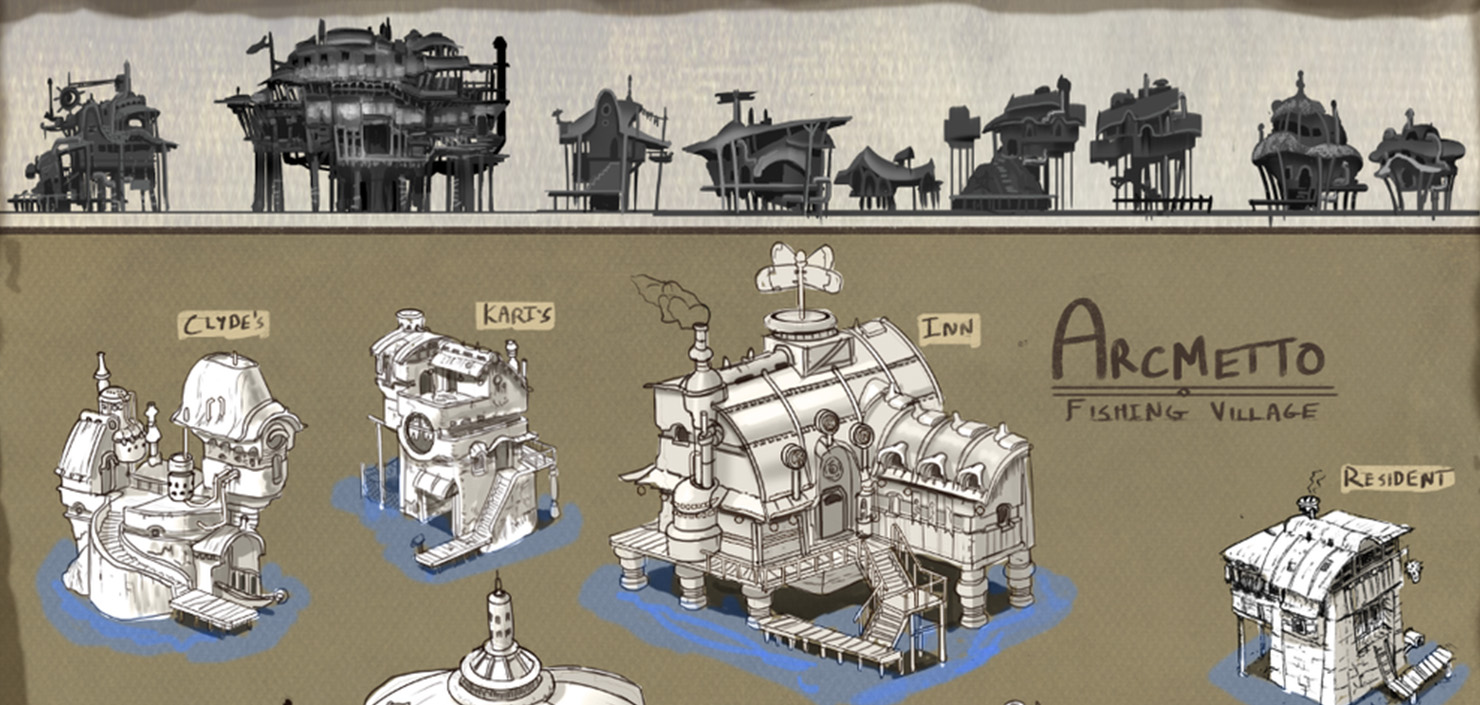
Unleashing your creative potential
Instructor's Gallery
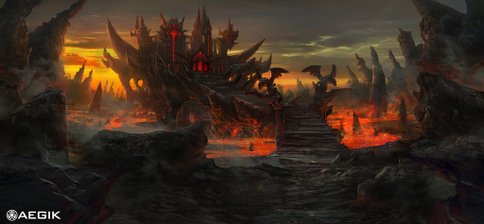
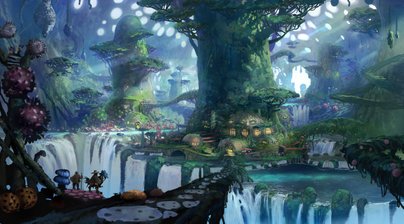
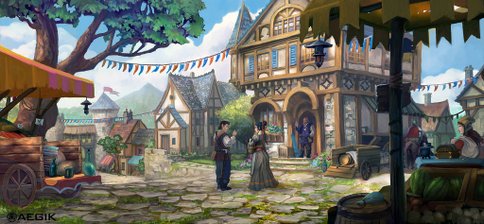
PRICING SCHEDULE
3x Payments
$233
2x Payments
$349.50
Full payment
$699
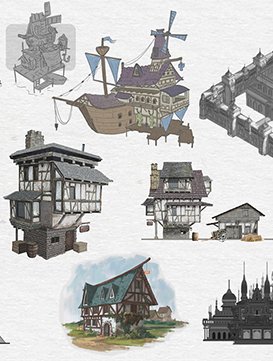

What makes this learning experience unique?
PERSONALIZED FEEDBACK
Receive personalized feedback on all assignments from the industry’s top professionals.
LIFETIME ACCESS
Enjoy lifetime access to the spectrum of course content, including lectures, live Q&As, and feedback sessions.
CERTIFICATION
Show off your Certification of Completion when you turn in 80% of course assignments.
FLEXIBLE LEARNING
Learn anywhere, anytime, and at your own pace with flexible, online course scheduling.
Need guidance? We’re Here to Help.
We can help with admissions questions, portfolio review/course recommendations!

